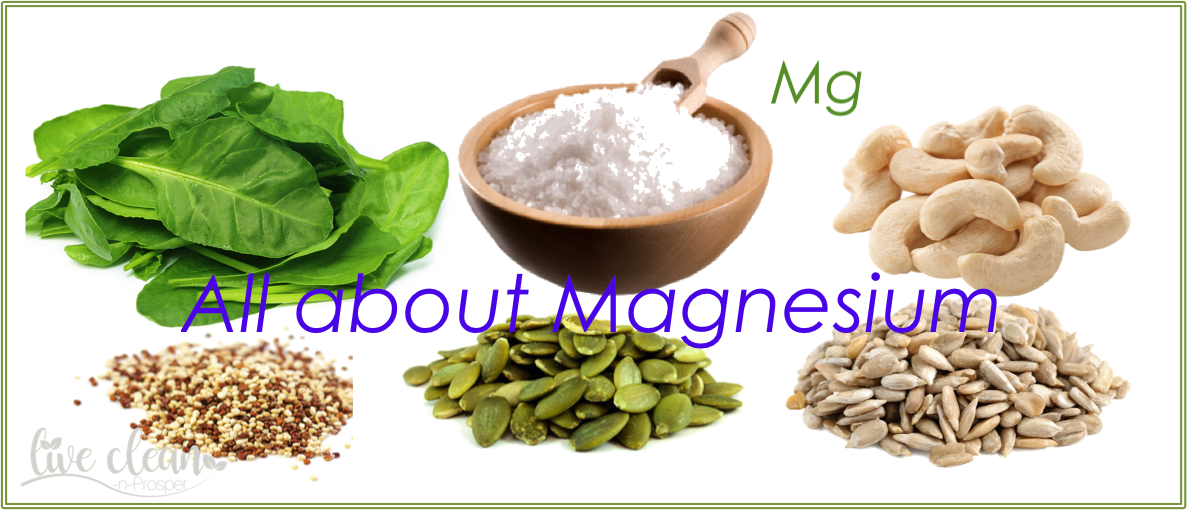Today’s post is about Vitamin K, the one vitamin you’ve probably never heard of.
It is a vitamin most people have never heard of, unless perhaps your doctor has mentioned it after putting you on a course of blood thinners.
What is it?
Vitamin K is basically just another fat-soluble vitamin and is actually a group of compounds. The group consists of K1, K2 and K3, all do slightly different things and come from different foods. The human body only requires K1 and K2. The name vitamin K comes from the German word “Koagulationsvitamin.” Unlike many other vitamins, it is not typically used as a dietary supplement.
What does it do?
It is one of several fat-soluble vitamins essential to the body, but this one has some specific uses in the body. It is used for blood clotting, bone building, and other important processes
Possibly its most important job is clotting the blood, which is why you may have heard of it if prescribed blood thinners like warfarin. However, it does more than that. In fact, it is an important cofactor in bone mineralisation and calcium metabolism. So, if you want to keep those bones strong, then keep eating foods high in vitamin K.
Because it has an influence on calcium metabolism, it means that calcium supplementation can cause an increased need for this vitamin . Some people that also may need additional vitamin K, are people with some kinds of digestive problems. This is due to the gut not fully absorbing the nutrients from the foods eaten, but also because K2 is made in the gut, by bacteria which are affected by gut health.
How do we get it?
Generally, vitamin K is not given as a supplement as we normally get plenty from our diet. K1 is obtained from leafy greens and some other vegetables such as broccoli and Brussels sprouts. K2 is a group of compounds largely obtained from meats, cheeses, and eggs, and is synthesised by our gut bacteria. K3 is not found in significant amounts in any natural food sources.
Having said that, supplemental forms can be used for some very interesting reasons like acute leukaemia, Alzheimer’s disease and certain types of kidney stones.
Since there is rarely an excess or deficiency that will cause major health problems, vitamin K is one vitamin we don’t hear much about, but it is important all the same.
There are many drugs can interfere with the effects of vitamin K. They include antacids, blood thinners, antibiotics, aspirin, and drugs for cancer, seizures, high cholesterol, and other conditions. Too much vitamin K can actually be harmful if you are receiving dialysis treatments due to kidney disease.
So as always, check with your chosen health care professional before taking vitamin K supplements.
We hope you found this information interesting,
Till the next post,
Live clean n Prosper
Sources – Web MD – National Institute of Health -it


